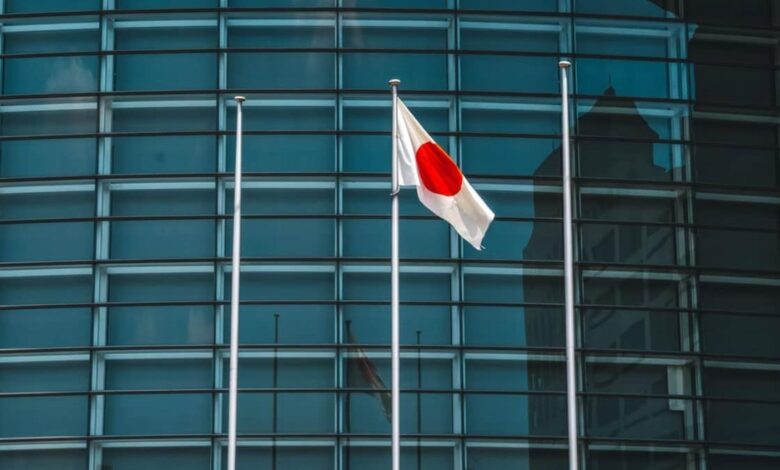Japan Crypto Review Could Open the Door to Lower Taxes, Specialty ETFs

Japan is about to begin an overhaul of the country’s cryptocurrency rules, opening the possibility of lower taxes on digital assets and potentially paving the way for the rollout of domestic funds that invest in tokens.
The Financial Services Agency will assess in the coming months whether the current approach to regulating cryptocurrencies under the Payments Act is adequate, said an official at the agency, who asked not to be identified in line with the agency’s rules.
The FSA will investigate whether the law provides adequate investor protection, as tokens are mainly used for investments and not for payments, the official said. That could lead to changes in the law, or the reclassification of crypto as financial instruments covered by Japan’s investment law, the official said.
Reclassifying digital assets through the Financial Instruments and Exchange Act would strengthen investor protections and herald other “dramatic changes,” said Yuya Hasegawa, a market analyst at crypto exchange Bitbank Inc.
The shift would boost industry efforts to convince officials to lower the levy on crypto profits from as much as 55 percent currently to 20 percent, in line with other assets such as stocks, Hasegawa said. Removing a ban on the launch of exchange-traded funds (ETFs) containing tokens would also become a “natural” step, he added.
Tight regulations
The FSA official declined to comment on what might happen if the reclassification were to take place, saying there are no foregone conclusions and the upcoming review could take all winter.
Japan’s crypto executives have long called for less burdensome regulations to curb costs and boost growth. The current rules are considered strict and reflect lessons learned from past scandals. One of the most infamous was the 2014 hack and subsequent bankruptcy of Tokyo-based Mt. Gox, the largest Bitcoin trading platform at the time. Japanese platform DMM Bitcoin suffered a $320 million (approximately Rs. 2,681 crore) breach this year and is required to submit a business improvement plan to the FSA by October 28.
At the same time, Japanese companies such as Sony Group Corp. tapping into blockchain technology. The country’s largest bank, Mitsubishi UFJ Financial Group Inc., is exploring issuing stablecoins — a type of digital token intended to maintain a constant value — under laws implemented in 2023.
Regulators took steps to relax requirements for listing digital tokens on crypto exchanges during Fumio Kishida’s premiership, which prioritized web3 – a term referring to a vision of the internet built around blockchains. But his term is coming to an end and it is unclear whether his expected successor Shigeru Ishiba will also defend web3.
Trading activity on Japanese digital asset exchanges has started to recover this year, helped by a rally in Bitcoin and other tokens. Average monthly volumes are approaching $10 billion (about Rs. 83,786 crore) on Japan’s centralized exchanges, compared to $6.2 billion (about Rs. 51,947 crore) in 2023, according to CCData figures through August this year.
© 2024 BloombergLP
(This story has not been edited by NDTV staff and is auto-generated from a syndicated feed.)




